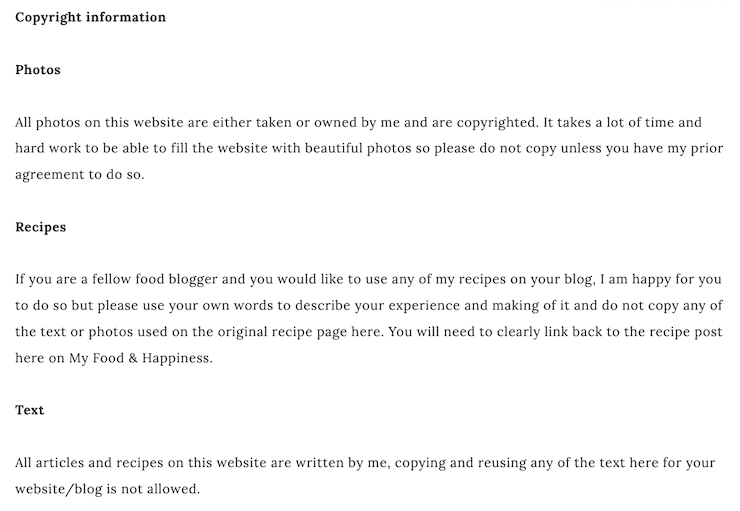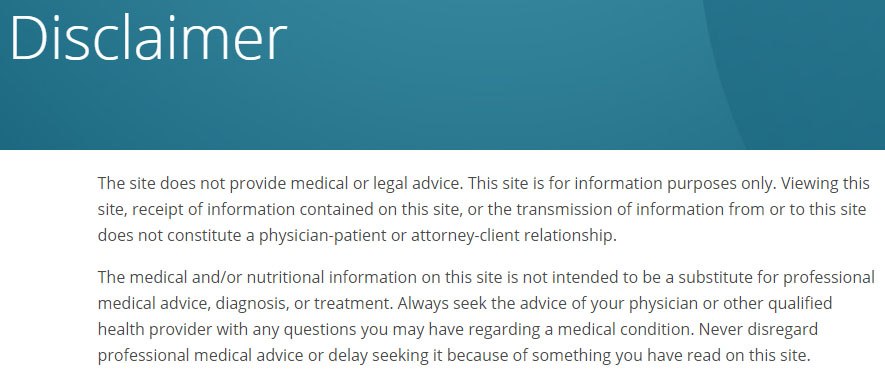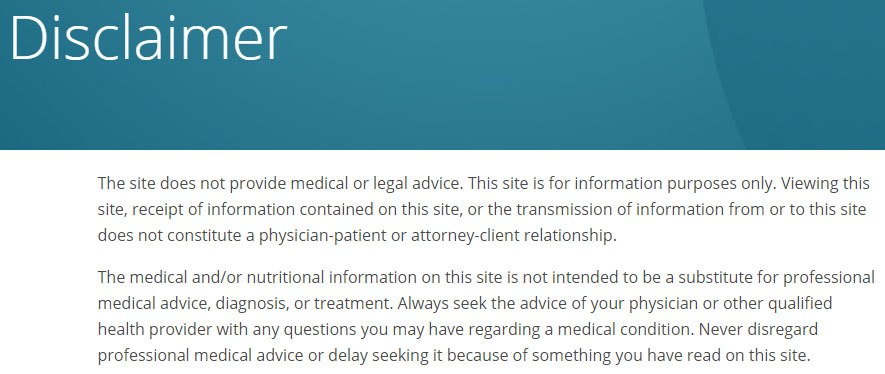Leveraging a pre-designed structure offers several key advantages. It mitigates legal risks by proactively addressing potential areas of liability. It fosters trust and transparency with the audience by clearly communicating the limits of responsibility and encouraging informed decision-making. Furthermore, it saves content creators valuable time and effort, allowing them to focus on recipe development and community engagement.
blog
Blog Legal Disclaimer Template
Utilizing such a document offers several advantages. It helps establish transparency with readers, clarifies content ownership and usage rights, and potentially mitigates legal risks associated with online publishing. This proactive measure can save time, resources, and potential legal complications in the long run, safeguarding both the blogger and their audience.
Beauty Blog Disclaimer Template
Utilizing such a pre-written document offers several advantages. It saves time and effort, ensuring crucial legal and ethical considerations are addressed. It promotes transparency and builds trust with the audience by clearly outlining the nature of the content and any potential biases. Furthermore, it can mitigate legal risks by providing a clear statement of liability and usage terms. This proactive approach can protect bloggers from potential legal challenges related to product claims, endorsements, and user reactions.


